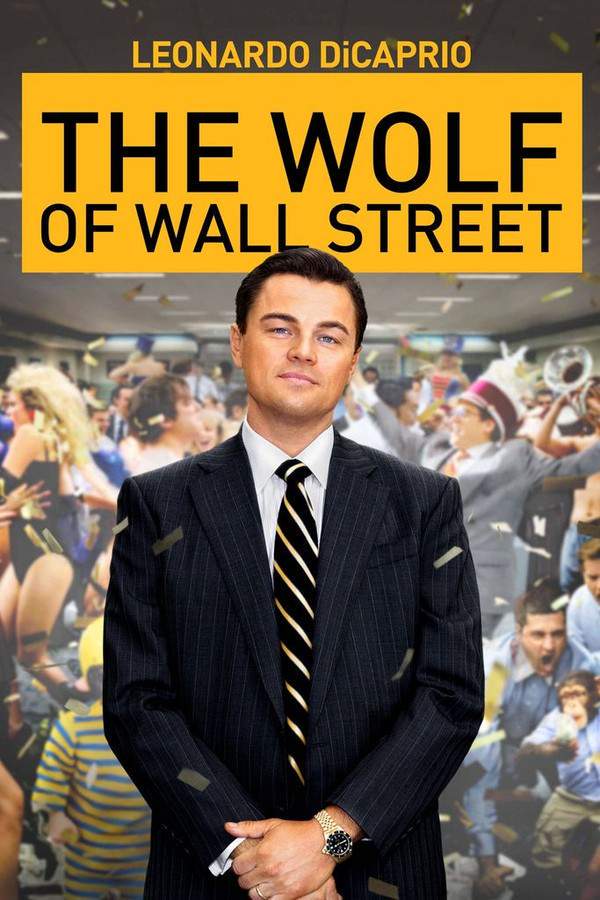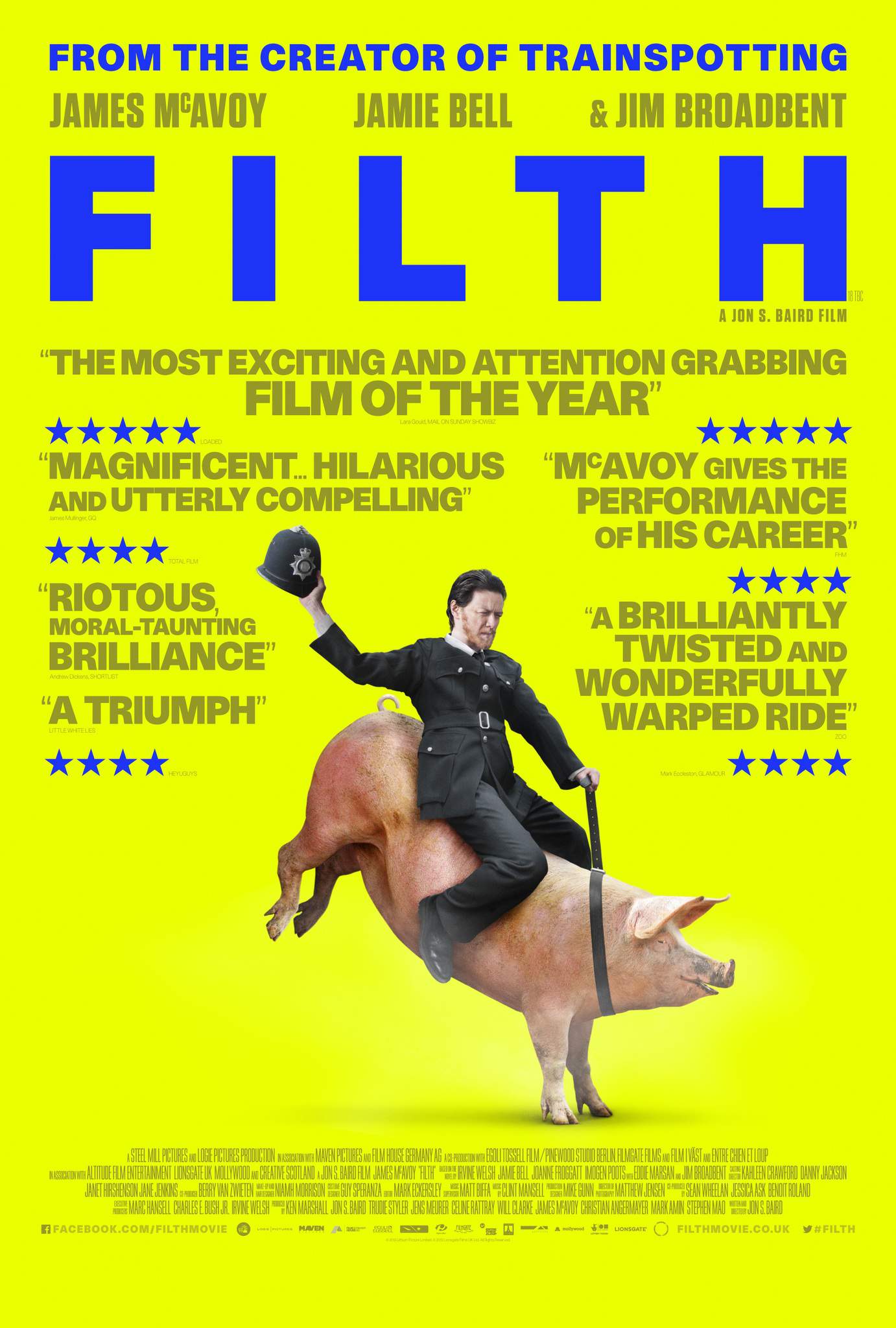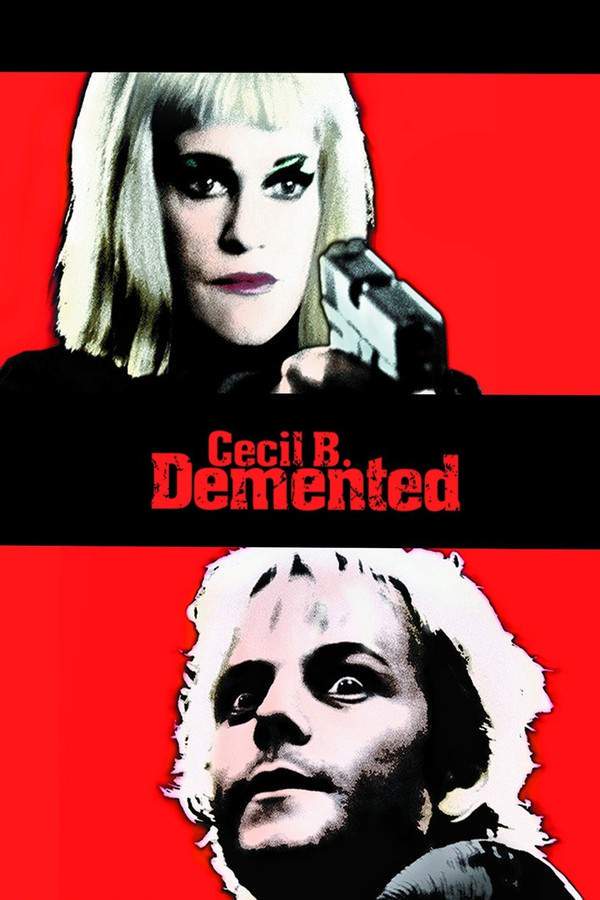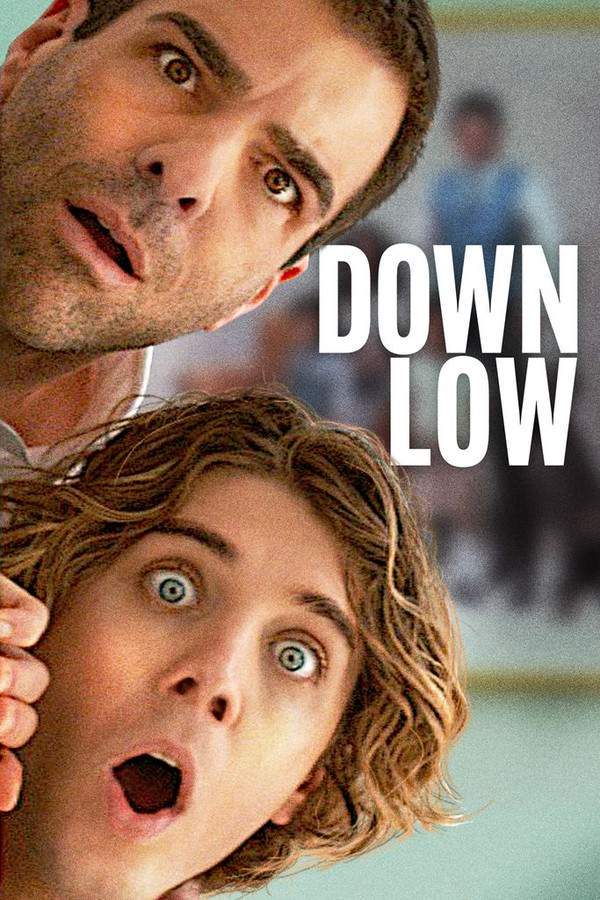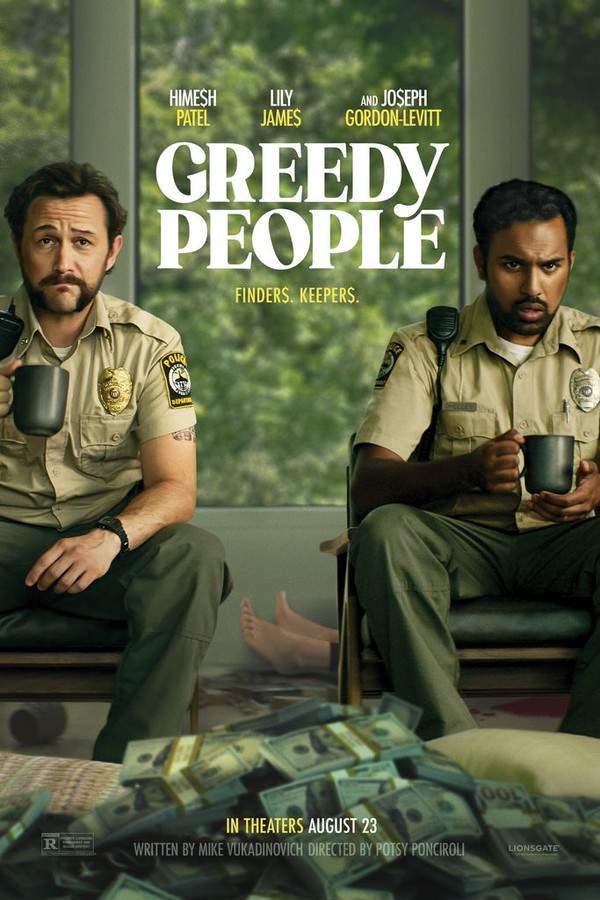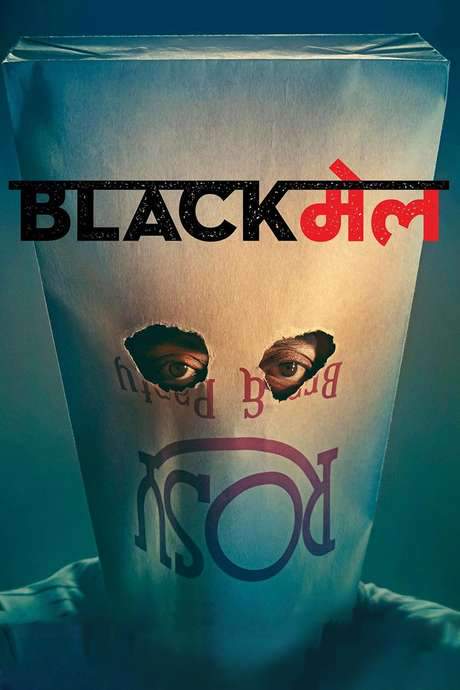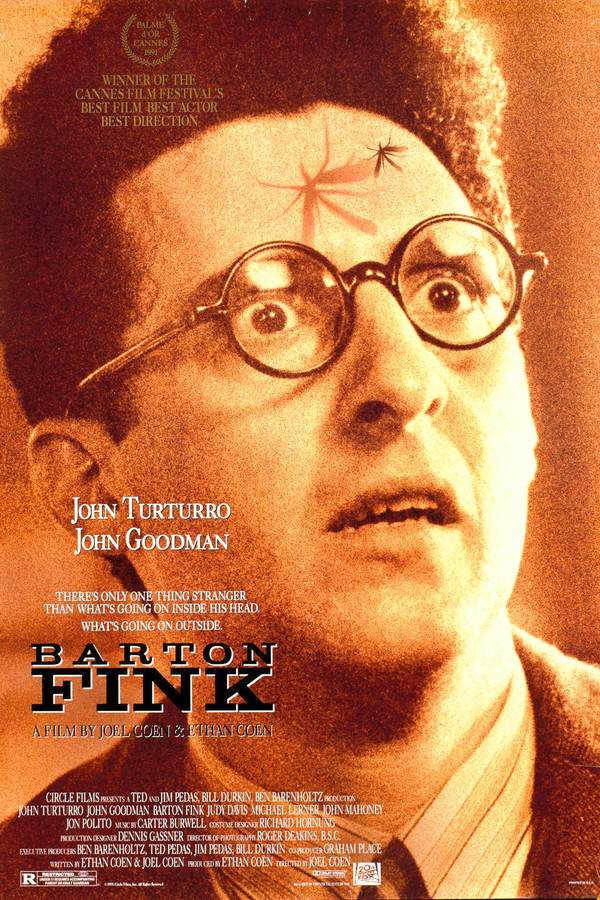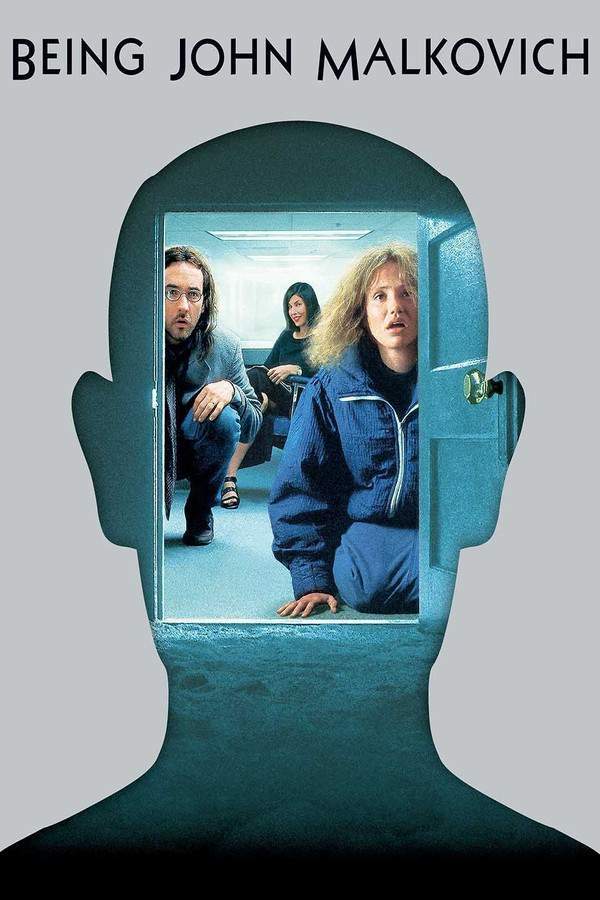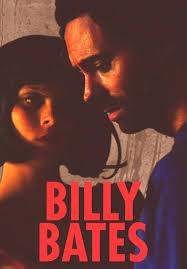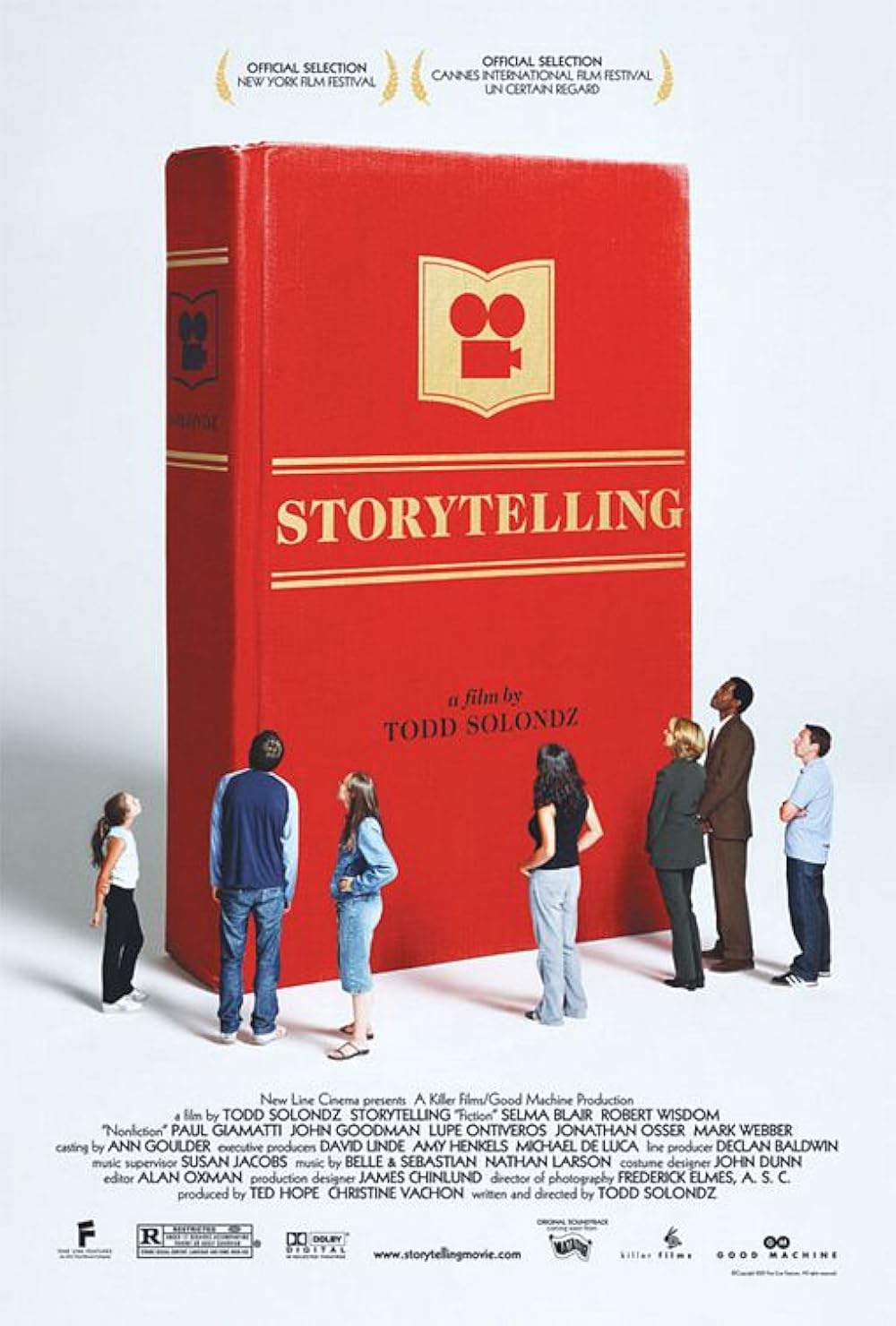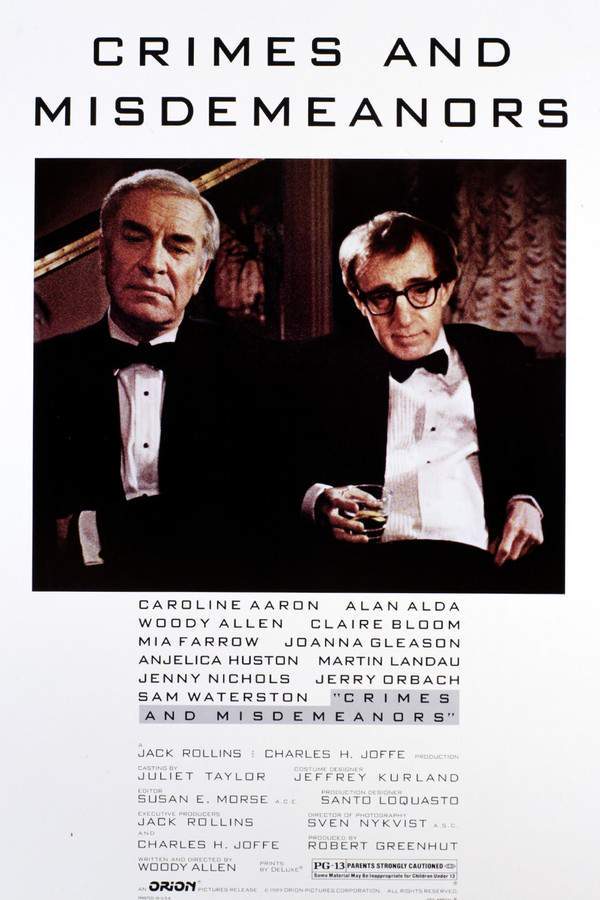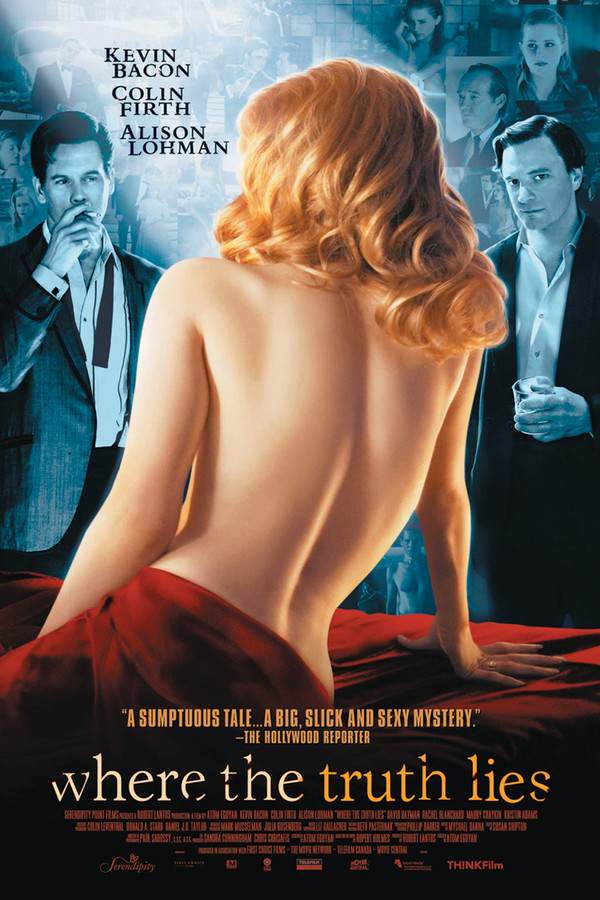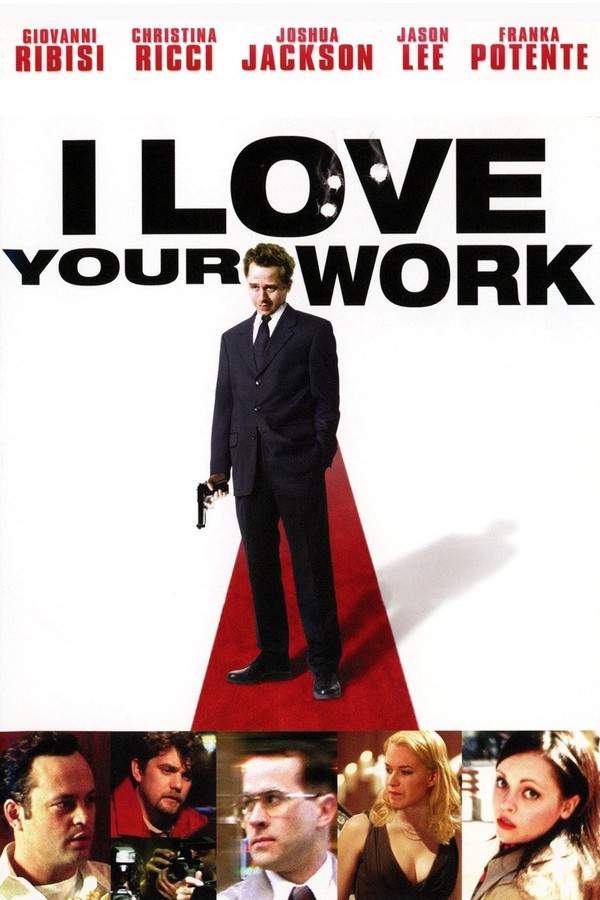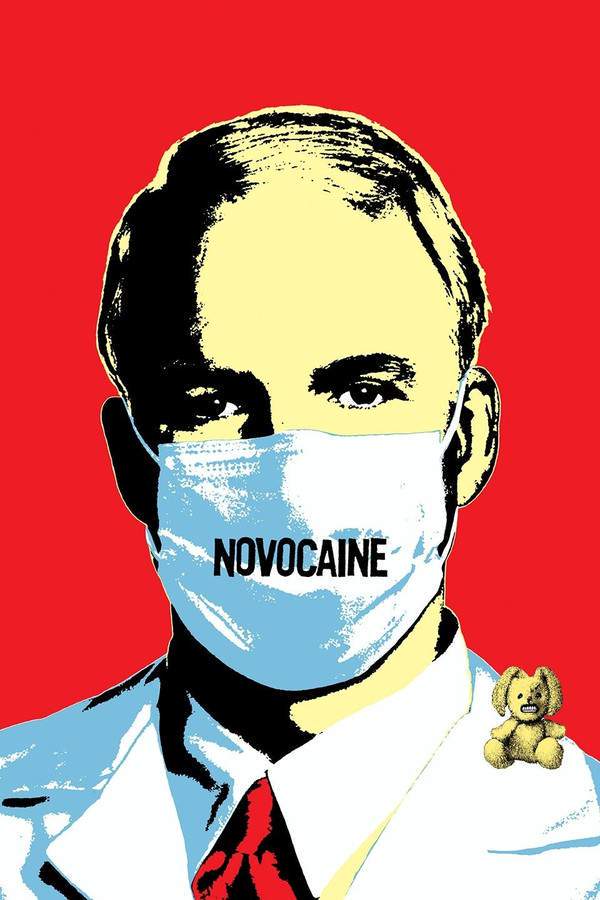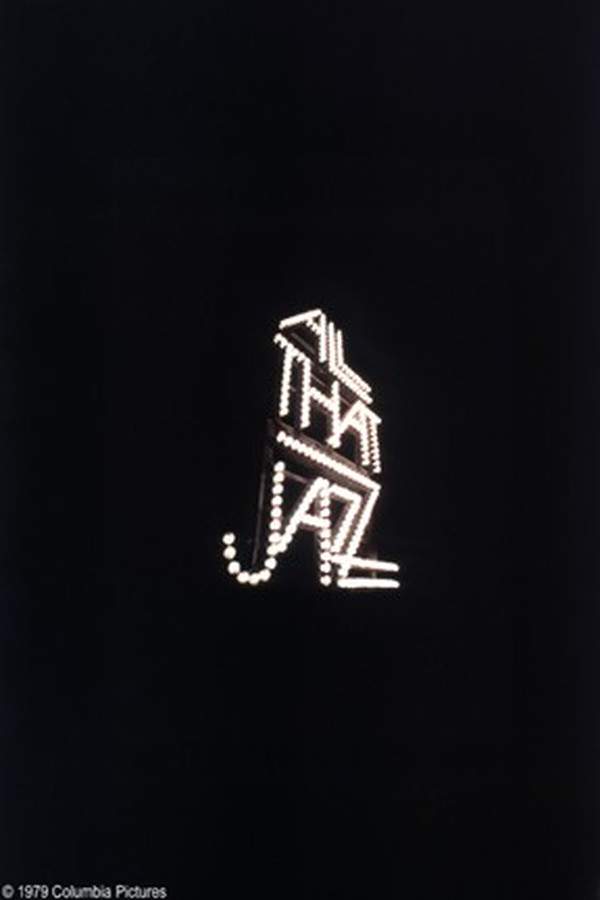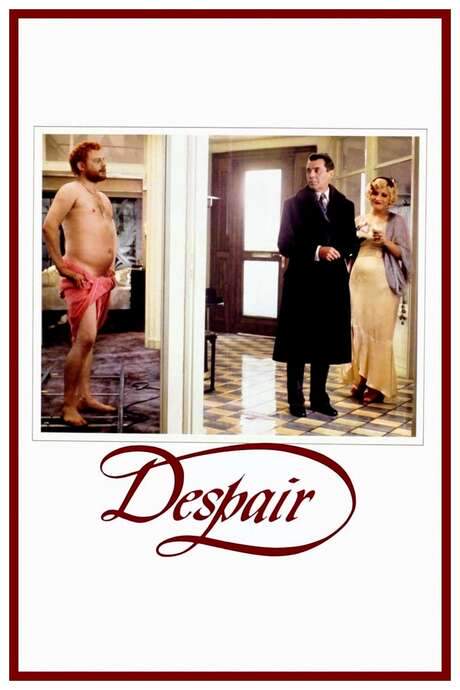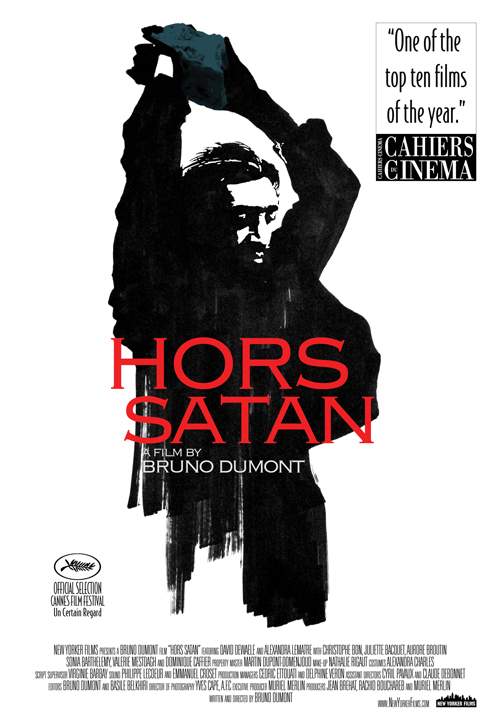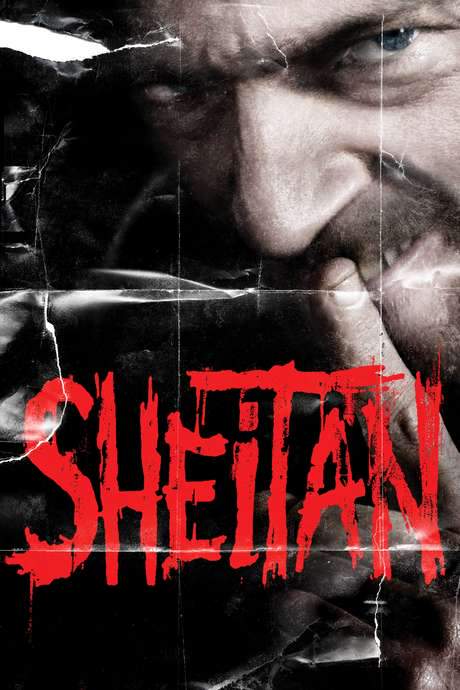
Satan’s Brew
Year: 1976
Runtime: 113 mins
Language: German
Director: Rainer Werner Fassbinder
A celebrated poet, stuck in a two‑year creative drought, begins to unwittingly reproduce the verses of Stefan George. As his tangled personal life unravels—filled with multiple mistresses, a clueless brother, and a looming murder investigation—he is forced to confront the origins of his work and the chaos surrounding him.
Warning: spoilers below!
Haven’t seen Satan’s Brew yet? This summary contains major spoilers. Bookmark the page, watch the movie, and come back for the full breakdown. If you're ready, scroll on and relive the story!
Timeline & Setting – Satan’s Brew (1976)
Explore the full timeline and setting of Satan’s Brew (1976). Follow every major event in chronological order and see how the environment shapes the story, characters, and dramatic tension.
Last Updated: October 04, 2025 at 15:07
Main Characters – Satan’s Brew (1976)
Meet the key characters of Satan’s Brew (1976), with detailed profiles, motivations, and roles in the plot. Understand their emotional journeys and what they reveal about the film’s deeper themes.
Last Updated: October 04, 2025 at 15:07
Major Themes – Satan’s Brew (1976)
Explore the central themes of Satan’s Brew (1976), from psychological, social, and emotional dimensions to philosophical messages. Understand what the film is really saying beneath the surface.
Last Updated: October 04, 2025 at 15:07
Explore Movie Threads
Discover curated groups of movies connected by mood, themes, and story style. Browse collections built around emotion, atmosphere, and narrative focus to easily find films that match what you feel like watching right now.
Chaotic farces of moral collapse like Satan’s Brew
Fast-paced satires where narcissistic characters spiral into self-made chaos.Explore movies like Satan’s Brew that blend dark comedy and fast pacing to depict narcissistic characters in a frenetic downward spiral. If you enjoyed the absurd, chaotic satire of moral decay, you'll find similar stories here.
Narrative Summary
Stories in this thread typically follow a charismatic but deeply flawed protagonist whose lies, manipulations, and exploitative behavior escalate out of control. The narrative structure is often episodic, piling one absurd crisis on top of another, accelerating towards an ambiguous or bleak conclusion that underscores the hollowness of the central character.
Why These Movies?
These films are grouped by their shared high-intensity, fast-paced vibe that mixes dark humor with a cynical view of human nature. They create a specific viewing experience: an anxious, frenetic journey into absurdity driven by a character's moral bankruptcy.
Movies about artistic fraud and identity like Satan’s Brew
Stories about artists facing creative blocks who construct elaborate, deceptive personas.Find films similar to Satan’s Brew that explore themes of creative crisis, plagiarism, and the collapse of a fraudulent artistic identity. If you liked the examination of performance and moral decay in a creative context, this thread is for you.
Narrative Summary
The narrative pattern focuses on an artist or intellectual experiencing a profound creative drought. Their desperation leads them to steal ideas or fabricate a persona, creating a fragile house of cards. The plot explores the tension between their public image and private desperation, often involving a web of personal relationships that become entangled in and ultimately threatened by the deception.
Why These Movies?
These movies share a complex narrative structure and heavy emotional weight, united by the core theme of artistic fraud. The similarity comes from the specific character arc of a creator in crisis and the thematic focus on the conflict between authenticity and performance.
Unlock the Full Story of Satan’s Brew
Don't stop at just watching — explore Satan’s Brew in full detail. From the complete plot summary and scene-by-scene timeline to character breakdowns, thematic analysis, and a deep dive into the ending — every page helps you truly understand what Satan’s Brew is all about. Plus, discover what's next after the movie.
Satan’s Brew Summary
Read a complete plot summary of Satan’s Brew, including all key story points, character arcs, and turning points. This in-depth recap is ideal for understanding the narrative structure or reviewing what happened in the movie.

Satan’s Brew Timeline
Track the full timeline of Satan’s Brew with every major event arranged chronologically. Perfect for decoding non-linear storytelling, flashbacks, or parallel narratives with a clear scene-by-scene breakdown.

Satan’s Brew Spoiler-Free Summary
Get a quick, spoiler-free overview of Satan’s Brew that covers the main plot points and key details without revealing any major twists or spoilers. Perfect for those who want to know what to expect before diving in.

More About Satan’s Brew
Visit What's After the Movie to explore more about Satan’s Brew: box office results, cast and crew info, production details, post-credit scenes, and external links — all in one place for movie fans and researchers.

Similar Movies to Satan’s Brew
Discover movies like Satan’s Brew that share similar genres, themes, and storytelling elements. Whether you’re drawn to the atmosphere, character arcs, or plot structure, these curated recommendations will help you explore more films you’ll love.
Explore More About Movie Satan’s Brew
Satan’s Brew (1976) Plot Summary & Movie Recap
Satan’s Brew (1976) Scene-by-Scene Movie Timeline
Satan’s Brew (1976) Spoiler-Free Summary & Key Flow
Movies Like Satan’s Brew – Similar Titles You’ll Enjoy
Hors Satan (Outside Satan) (2013) Story Summary & Characters
Satan Said Dance (2017) Story Summary & Characters
Satan Was a Lady (2001) Spoiler-Packed Plot Recap
Satan’s Little Helper (2004) Spoiler-Packed Plot Recap
Satan (2006) Full Movie Breakdown
Tales of Ordinary Madness (1981) Movie Recap & Themes
Satan’s Rhapsody (1917) Story Summary & Characters
Satan Place: A Soap Opera from Hell (1988) Movie Recap & Themes
Satan Triumphant (1917) Spoiler-Packed Plot Recap
Satan in High Heels (1962) Detailed Story Recap
Satan Bouche un Coin (1968) Detailed Story Recap
Satan’s Blood (1978) Full Movie Breakdown
The Satanist (1968) Plot Summary & Ending Explained
The Sorrows of Satan (1926) Complete Plot Breakdown
Satan Met a Lady (1936) Film Overview & Timeline


